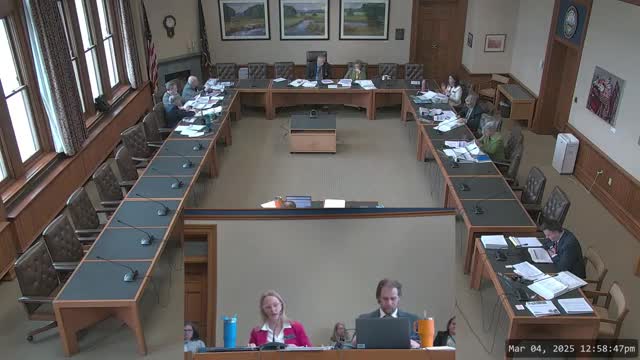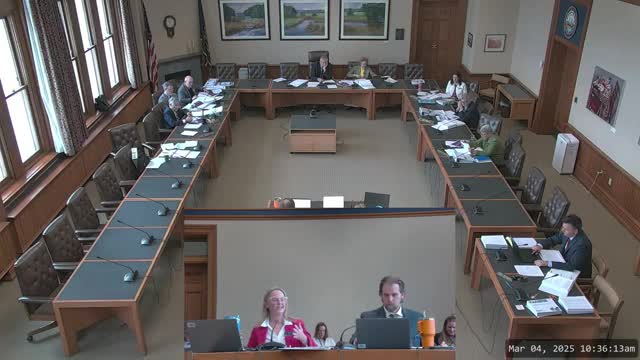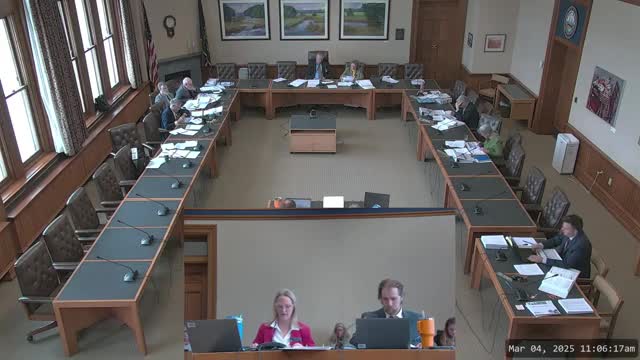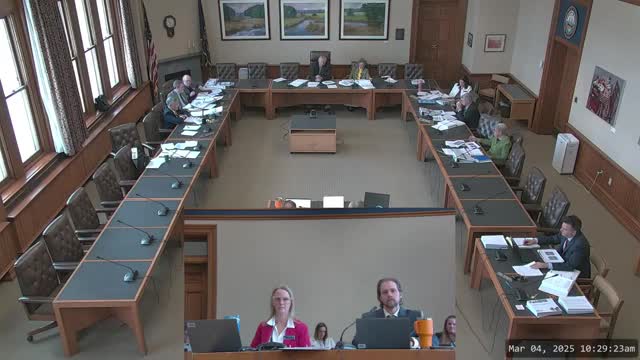Article not found
This article is no longer available. But don't worry—we've gathered other articles that discuss the same topic.

Officials defend New Hampshire Vaccine Association model; lawmakers press on possible impacts of bill to eliminate it

DHHS public health services budget largely federal; committee presses on staffing and program moves

Therapeutic cannabis program reaches about 15,000 registrants; state keeps regulatory and testing role

Committee hears lead prevention work; officials say housing remains leading source of childhood lead exposures

